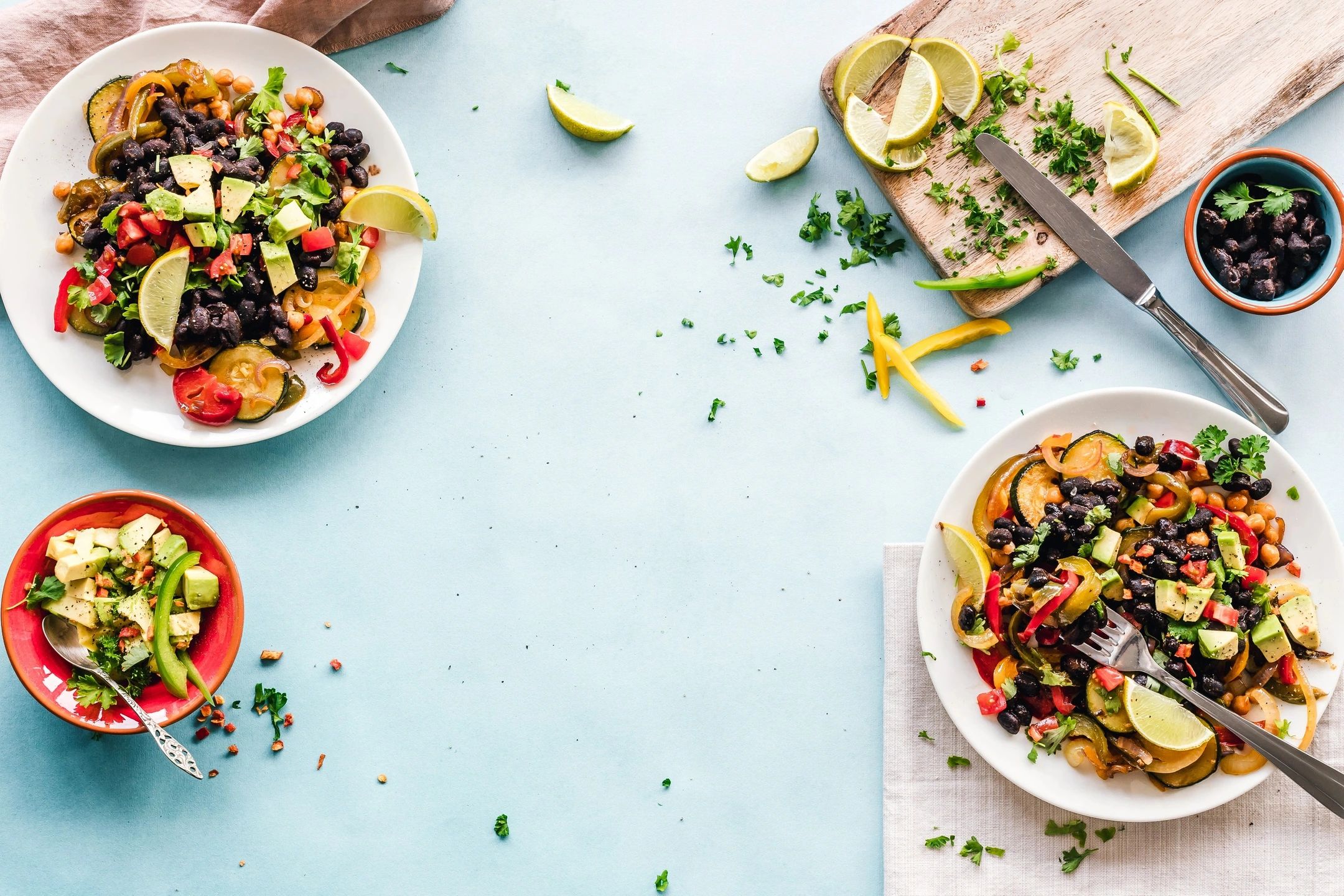VEGAN AND VEGETARIAN~ THE SIMILARITIES, DIFFERENCES, BENEFITS AND TROUBLE
By: Allie Might, FMC, INHC, ATT
Vegan and vegetarian diets….or as many people commonly referred to them as, plant-based diets. I am often told “I eat well, I’m vegetarian” or “My diet is so good, I’m vegan”, but as I ask about meals, I come to realize that many people are not vegan or vegetarian. This is due to a misunderstanding as to what these diet theories actually mean. Let’s break these similar diets down, look at what each entails and see if this is an option for you.
There can be many benefits to adopting a vegan or vegetarian diet. It is believed to be helpful in lowering the risk of such health concerns like diabetes, heart disease, obesity and even cancer. Keep in mind that these benefits are not only due to the elimination of animal products, but also the incorporation of whole foods. You want to try to avoid becoming a “junk food vegan/vegetarian” by adding in a lot of processed proteins which can negate the benefits of adopting a vegan or vegetarian friendly diet.
A vegan diet is a diet free of animal products and by-products. While the elimination of animal protein from the diet is easy to remember, as it includes everything including beef, pork, poultry and fish/seafood. However, the by-products is sometimes what can trip people up. Animal by-products include, but may not be limited to, such items as eggs, dairy and cheese, whey, gelatin and even honey.
A vegetarian diet is similar to a vegan diet but with a bit of a variation. Vegetarian diets are free of animal proteins, however, animal by-products are allowed. Where it gets a little tricky is subcategories differentiating by-products. Lacto-vegetarians follow a standard vegetarian diet which includes dairy products such as milk, cheese, yogurt and butter but avoid eggs. An ovo-vegetarian avoids animal proteins and dairy products but consumes eggs. The last variation is the lacto-ovo vegetarian who eats all dairy products and eggs along with eliminating animal proteins.
Those that follow a vegan or vegetarian diet are more likely to be deficient in certain nutrients. Often times iron and b-vitamins need to be supplemented for these individuals.
Methyl-B is a methylated b-complex, which means it’s better absorbed by the body. Those that follow a vegan or vegetarian diet are more likely to be deficient in b-vitamins. Therefore, supplementing with a good complex is needed. B-vitamins are necessary for such areas as energy, brain health and the cardiovascular system.
Iron Plus Hx is an iron supplement that is non-constipating. It is not uncommon for vegans and vegetarians to be low in iron because most people get iron through meat sources. This elimination can make it difficult to get the right amount of iron through diet. Iron is essential as it help to transport oxygen in the blood. This is why often times those that have an iron deficiency may experience fatigue.
My basic recommendation when following a vegan or vegetarian diet is to make sure you are getting fresh fruits and vegetables and protein at each meal. I like to incorporate smoothies with a good protein powder (Plant Protein or Whey Protein powder) to start the day. How will you incorporate more vegan or vegetarian type meals into your weekly menu in a healthful way?
www.mayoclinic.org/healthy-lifestyle/nutrition-and-healthy-eating/in-depth/vegetarian-diet/art-20046446
www.heart.org/en/healthy-living/healthy-eating/eat-smart/nutrition-basics/how-does-plant-forward-eating-benefit-your-health
www.ncbi.nlm.nih.gov/pmc/articles/PMC8746448/
health.clevelandclinic.org/b-vitamin-benefits
www.webmd.com/diet/health-benefits-b-complex
www.webmd.com/vitamins-and-supplements/features/iron-supplements









